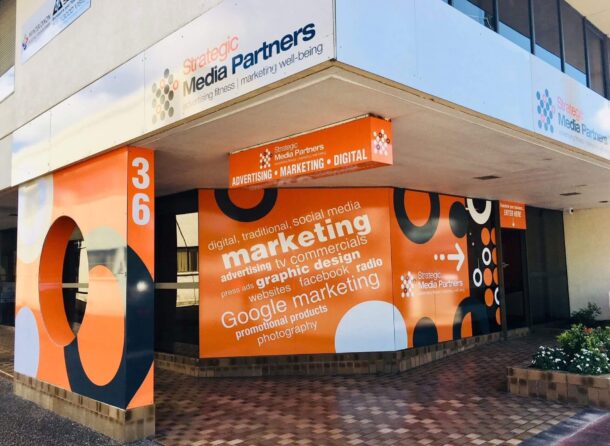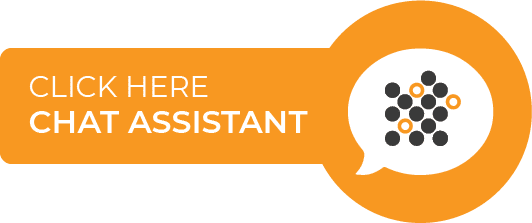 Three weeks ago, you started a web design agency. Then over the last two weeks, you’ve taken a leap toward making your business viable by defining who you are as a business and putting together your documents.
Three weeks ago, you started a web design agency. Then over the last two weeks, you’ve taken a leap toward making your business viable by defining who you are as a business and putting together your documents.
This week, we’ll tie up loose ends so that you’re a fully functional agency, able to pick and choose the work you accept.
Day 22: Pitch Deck
Over the next few years, you’ll be doing a lot of pitching: walking into a room and trying to convince someone to give you their business.
Here’s the good news: if you’re in the room, you’ve probably got the job. Stakeholders in successful businesses are usually very busy, so if they take the time to see you, they take you seriously.
The best way to allay their doubts and secure the work is to walk in with a pitch deck. Pitch decks are typically associated with startups but work well for design agencies.
Consider your pitch deck a portfolio formatted for business concerns. Include work samples if you have them, your elevator pitch, and as many provable facts about the service you offer as possible. Keep it short, and use it as a framework for meetings.
Day 23: Kick-Off Checklist
No one is going to suggest that web design is painting by numbers. You can’t knock out websites with a checklist as if you were doing your laundry. However, some stages of the process are repetitive, one of which is the kick-off process.
Far too many projects are derailed by a slow start. You’ve probably agreed to a deadline, and making sure you have everything you need to make progress is vital in hitting that deadline.
As with any repetitive process, creating a document, in this case, a checklist, is advisable to speed up this stage of your projects.
Day 24: Find Some Backup
Whether starting as a freelancer, in a partnership, or with a skeleton crew, you can’t do everything yourself.
This doesn’t mean hiring staff — that is a costly step that you should only consider if you have the financial resources to guarantee a stable cash flow.
Instead, reach out to your network or even freelance boards and see who’s available if and when you need assistance. For example, it is always helpful to have the contact details of an experienced server admin — you’ll only need them once or twice a year, but when you need them, they’re worth their weight in gold. It’s also worth having a couple of contacts who can do simple, time-consuming tasks like image processing.
Outsourcing means focusing on the parts of the job that maximise your profits. Don’t wait until you require them; start developing these networks now, so when the need does arise, you know who to reach out to.
Day 25: Website
OK, 25 days in, it’s finally time to build your website. Yes, in one day.
You already have your elevator pitch, logo, and the niche you intend to target. You also have the terms of service and a link to your social media. That’s everything you need to get a simple business card design online.
Naturally, as you begin to onboard clients, you will develop a portfolio that allows you to improve your site. But right now, you require a presence quickly.
You picked up your hosting on day 19; today’s the day to put something on it.
Day 26: Client No. 1
The biggest challenge for any web design agency is acquiring good, paying clients.
I know an agency that burnt through seed money for a whole year, waiting for clients to knock at the door. I also know an agency that was only founded because one high-profile client turned up at the creative director’s dorm room. Those are the extremes, but no matter your story, your clients will define it.
Way back on day eight, you wrote a list of potential clients. Today, you’re going to approach one. Your goal is to set up a meeting at which you can sell your service to them. You don’t have to telephone or visit in person; it’s OK to email or message them on social media if those are your strengths. Then, invite them for coffee and an informal chat at the coffee shop you picked on day twelve.
Most of you are going to get knocked back. That’s the nature of the business. The key is to get back on the horse. Try to learn from your approach, and take steps to improve next time.
Your first cold approach is nerve-racking; if it isn’t, then maybe you aren’t taking this seriously enough. But I can promise that approach number two is easier, and by the time you’ve done a few dozen, you may even start to enjoy it.
Day 27: Quit
A wise man once said, “You’ll never make money working for someone else.” Twenty-seven days ago, you started this process, hoping to seize control of your destiny.
The last step is to quit whatever dead-end job you’ve been tolerating up until now. You don’t need to burn your bridges; you don’t need to punch the boss and kiss your office crush on the way out the door; you do need to take a mental break from your old life to focus on the future.
If you can’t afford to quit, then it’s fine to quiet quit. Just make sure you find the mental space to give your agency the attention it needs.
Day 28: Rest
Over the past four weeks, you’ve manoeuvred yourself into the best position possible to launch your new agency. You’ve decided who you are, who you plan to become, and how you’ll communicate that to the world.
Whether this plan is viable long-term is entirely up to you. You make your own luck in this life.
Today, do what you always do on the last day of the week and rest. Then, tomorrow, you’ll start forging your path to success.

